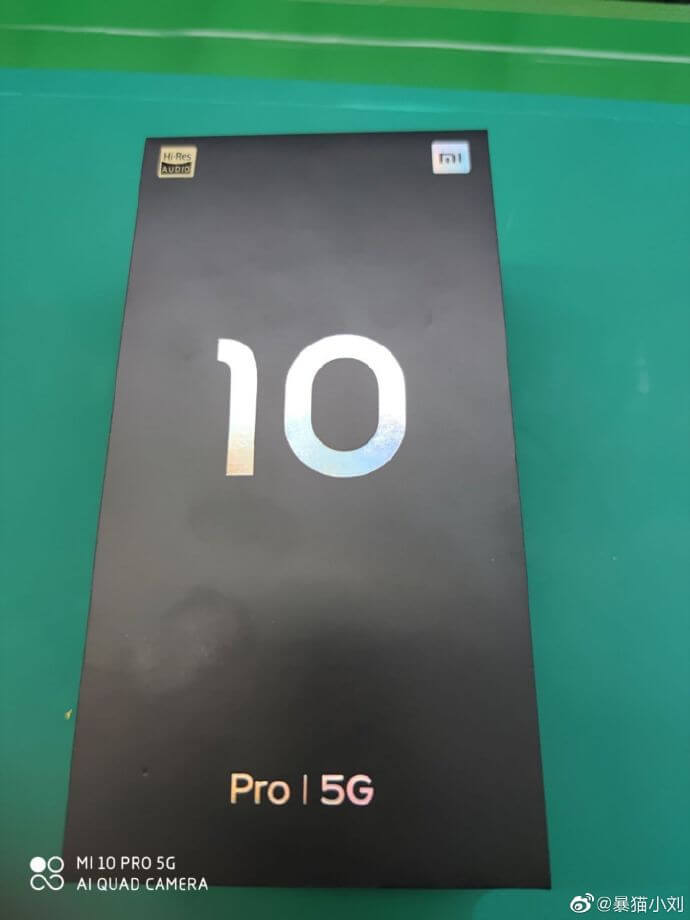After Huawei, the United States has targeted China Telecom. The White House accuses the mobile operator of working behind the scenes on behalf of Beijing. The coronavirus epidemic does not prevent the Trump administration from continuing its attacks on Chinese companies. Huawei is still unable to use American technologies, and this time it is China Telecom which is in the crosshairs of the United States. The operator, a real giant in the sector, is more than 70% owned by the Chinese state. Through its American subsidiary, it provides international services to and from the United States. Spying on China his
After Huawei, the United States has targeted China Telecom. The White House accuses the mobile operator of working behind the scenes on behalf of Beijing.
The coronavirus epidemic does not prevent the Trump administration from continuing its attacks on Chinese companies. Huawei is still unable to use American technologies, and this time it is China Telecom which is in the crosshairs of the United States. The operator, a real giant in the sector, is more than 70% owned by the Chinese state. Through its American subsidiary, it provides international services to and from the United States.
Spying on China
his Thursday, the United States Department of Justice asked the FCC, the federal commission responsible for telecommunications regulation, to withdraw the operator’s authorization to operate in the United States. A matter of ” national security and public safety, ” said Attorney General William Barr.
Washington suspects the Chinese government of exerting an influence on the operation of the operator, which is also a reproach against Huawei. Computer security practices, as well as inaccurate statements (including the location of American documents) are also being investigated by the White House.
The request is also motivated by accusations of economic espionage and disruption of American telecommunications networks by the Chinese company. For Beijing, this restriction of China Telecom’s activity in the United States is presented as a new way of politicizing commercial issues. The government reminds the United States of the rules of a market economy and demands an end to ” the unjustifiable oppression of Chinese enterprises “.
The situation therefore does not seem to be getting better between the two superpowers, already embarked on a very costly trade war.



